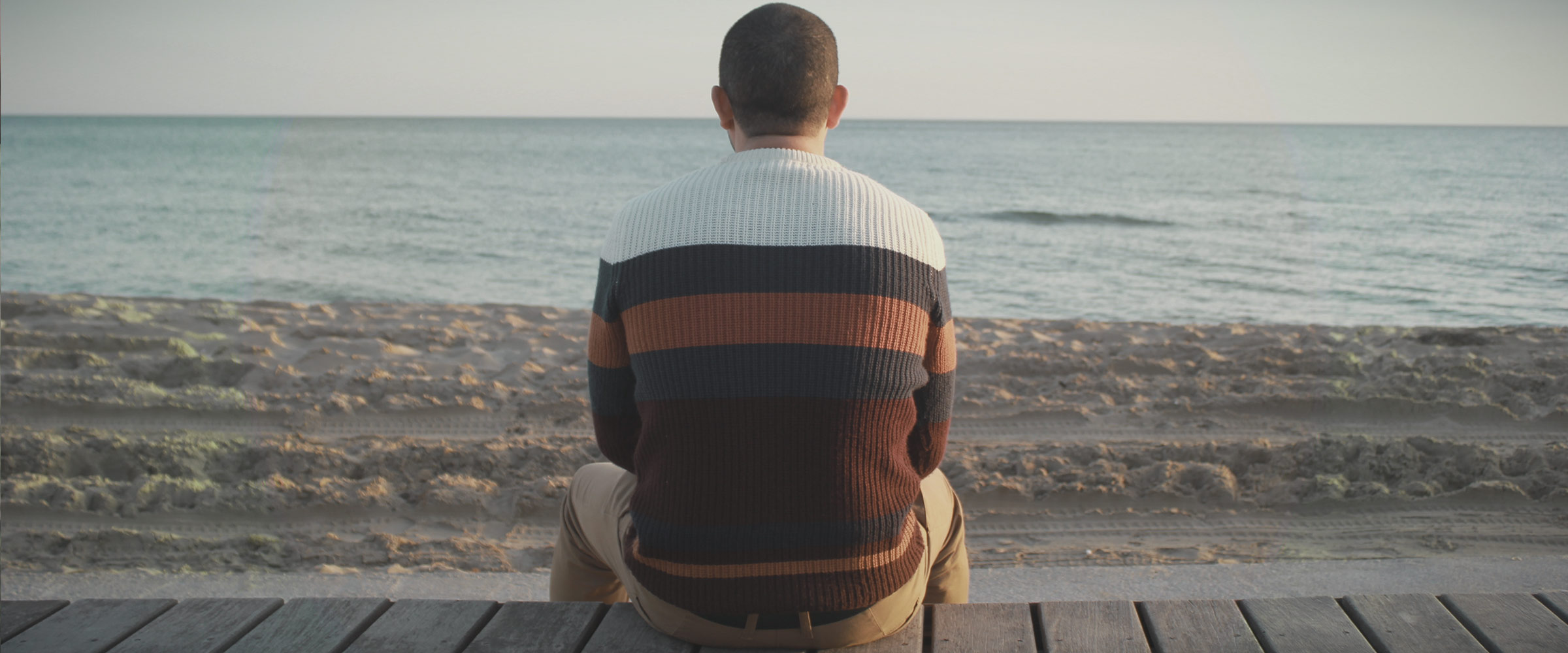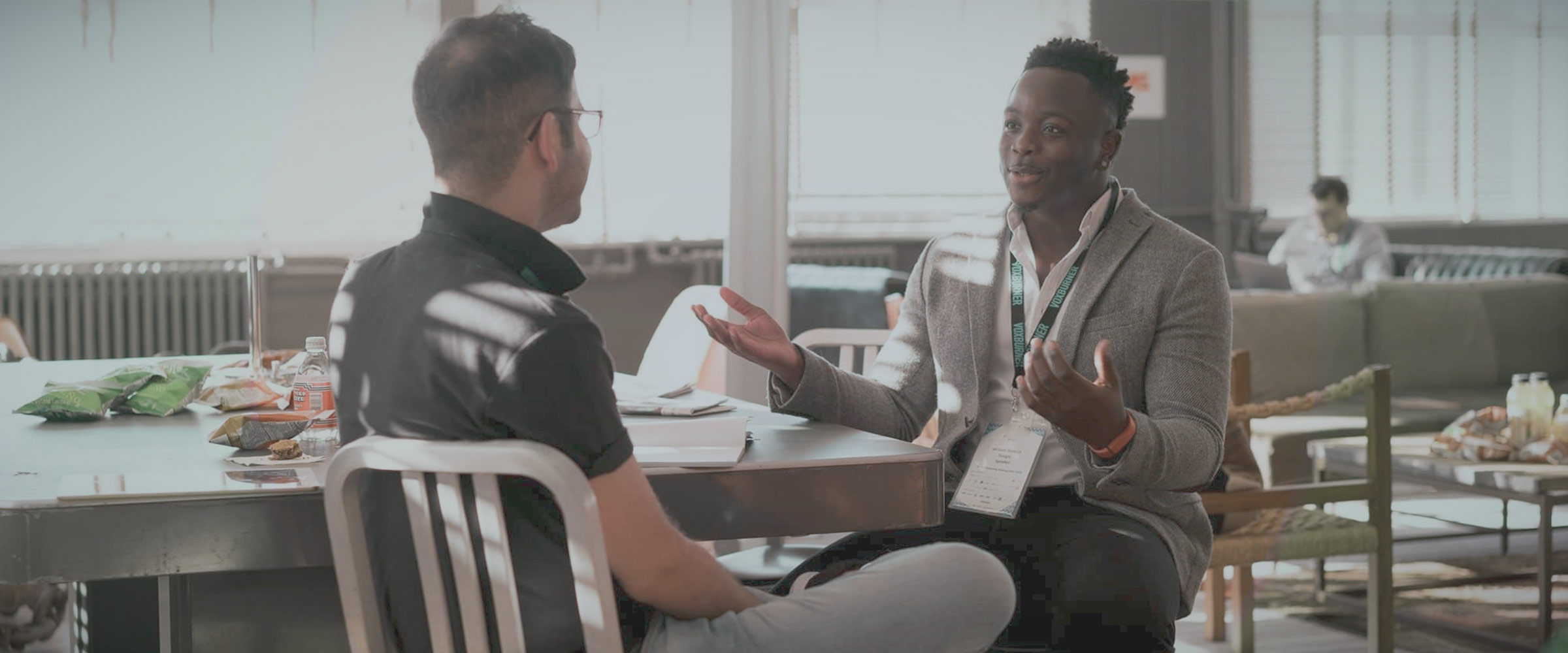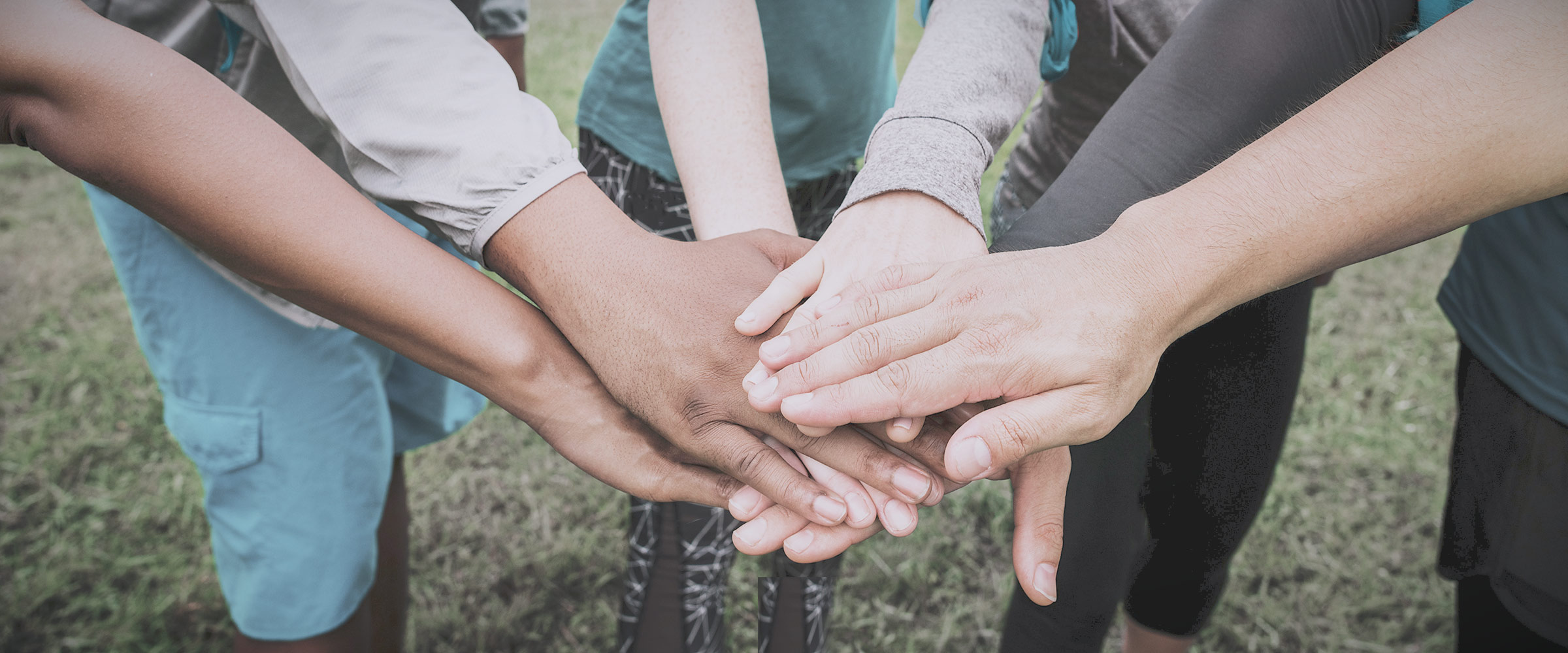STEM college grad Justin Robbins explains how he and a fellow autistic student used their self-advocacy skills to found the Coalition for Autism Support at Tufts (CAST) during their first year of college. Learn from his experience and insight to get your own club off the ground today.

At the end of high school, a depressed and very isolated me had an idea. What if there was a place, a circumstance, where I wouldn’t be as alone? What if there were other people like me out there, autistic, grappling with their sense of self and belonging? This was my pipe dream as I counted down the days until graduation and could leave. I was confident nonetheless that I wasn’t the only autistic in my high school; I couldn’t be, it was too statistically improbable. I never found them though, at least not at the time.
I wanted college to be different. I didn’t want to spend the rest of my life in those circumstances, but thought I would. I essentially had no friends. The people I thought of as friends did not feel the same way. My interests were taboo because they weren’t popular. There was no reciprocity in my relationships. I accepted the possibility that things could get better, but I was nonetheless convinced that I was destined for a very lonely, unloved life.
And then college happened.

It was the first day. Not of classes, but matriculation. I was asking about something, and he added a comment: he said he was autistic.
“So am I,” I said, my voice nearly breaking.
We talked for an hour. If I were neurotypical, I would say I that couldn’t take my eyes off him. I felt more hope in that time than I had felt in years.
Soon after, I told him about my idea. I didn’t know what to do yet, but I had him; we had each other. That was a hell of a lot more than either of us expected. He loved the idea. We were just two freshmen but, fuelled by optimism, we (correctly) guessed that a college campus was bound to have plenty of other autistics around.
This is the most fundamental lesson in founding an autistic student club: you are not alone.
This is the most fundamental lesson in founding an autistic student club: you are not alone. This is meant both for founding a club and as personal affirmation. No matter what estimate of autism prevalence you’re using (and it’s probably higher than you think), the number of people in even a small college makes a reasonable autism subset inevitable, and that is going by numbers alone. There are other people out there who share your struggles and experiences, and they may be closer than you think.
There were two of us: how did we create a group? In our discussions of what we wanted Coalition for Autism Support at Tufts (CAST) to be, our inspiration was clear. We envisioned it as a Queer Students Association (QSA) but for autism. Several major themes, including the issues of isolation, coming out, and pride, are shared. So, we first talked to the head of Tufts’ LGBT Center for help. He loved our idea, and graciously agreed to send out an announcement we wrote through the LGBT Center’s email list.
That got us off the ground. Thanks to that, we had several interested people, enough to have a meeting. We also both kept an ear out for anyone saying they were autistic. I remember the first email I got from someone who would become invaluable to CAST. He asked me, given his relatively fortunate autistic circumstances, if it was alright for him to attend CAST. I gave him an unequivocal yes. It was awkward, slow-going at first, but we started something powerful. We found (and founded) our community.
That was the story of how CAST began. Outside of that narrative, I want to share some additional thoughts and insights in getting an autistic students club off the ground. First, a key clarification: this has to be grassroots. If an autism club is designed for autistic students using a paternalistic, top-down approach, something neurotypicals are foisting onto autistics, not only will it fail, I think that might be a good thing. In a world where so much is decided without our input and consideration, it is disingenuous to artificially manufacture an organization for “us.”
While neurotypicals can be a valuable addition, providing support and insight when we need it most, I think these kinds of groups should begin as autistic-identifying only. Having time to establish the group solely among autistics creates an ethos for the group, makes members feel comfortable, and establishes expectations. I have seen cases where neurotypicals are too hesitant to speak and autistics are too hesitant to speak with them included, and conversation grinds to a halt. I have also seen, at the other extreme, neurotypicals (often unintentionally) dominate the conversation and make the group about them, as opposed to the actually autistic.

Your practice may vary, but CAST opened up its doors to everyone after about a year, and that proved to be a good amount of time. When neurotypical people attended our meetings, everyone (including them) was able to understand what the group was and was not, and we had amazing discussions and events thanks to their insight and respect. Of course, all this depends on the specific autistics and neurotypicals in question (including yourself), as well as the dynamics of your college environment.
Recruiting new members was always a difficult topic. When I was there, none of us was able to master it. We sent out announcements through the LGBT and other identity centers and our school’s office of disability services, and we put out posters, posted on Facebook groups, and had a presence during the club fair once we were officially recognized. I suppose casting a wide net is the way to go, and always be on the lookout for opportunities. The LGBT Center and club fairs were our most successful sources though.

Finally, an optimistic note: if you’re trying to establish a group like this, you’re doing something very unique. There are not a lot of groups like this out there, where autism is accepted and celebrated, not pitied. Where autistic people have agency over their own organization and are not the passive recipients. This premise will turn heads and pique interest. Use that to your advantage. You are standing in defiance of decades of belief of what autistic people can and cannot do.
That’s pretty damn cool.
Questions? Let us know below. Check out more of Justin’s work here: Autistic People Don’t Need to Be Cured, What Autistic Students Can Expect from College Science Classes, and Student Reflection: Transitioning from High School to College as an Autistic STEM Student.





